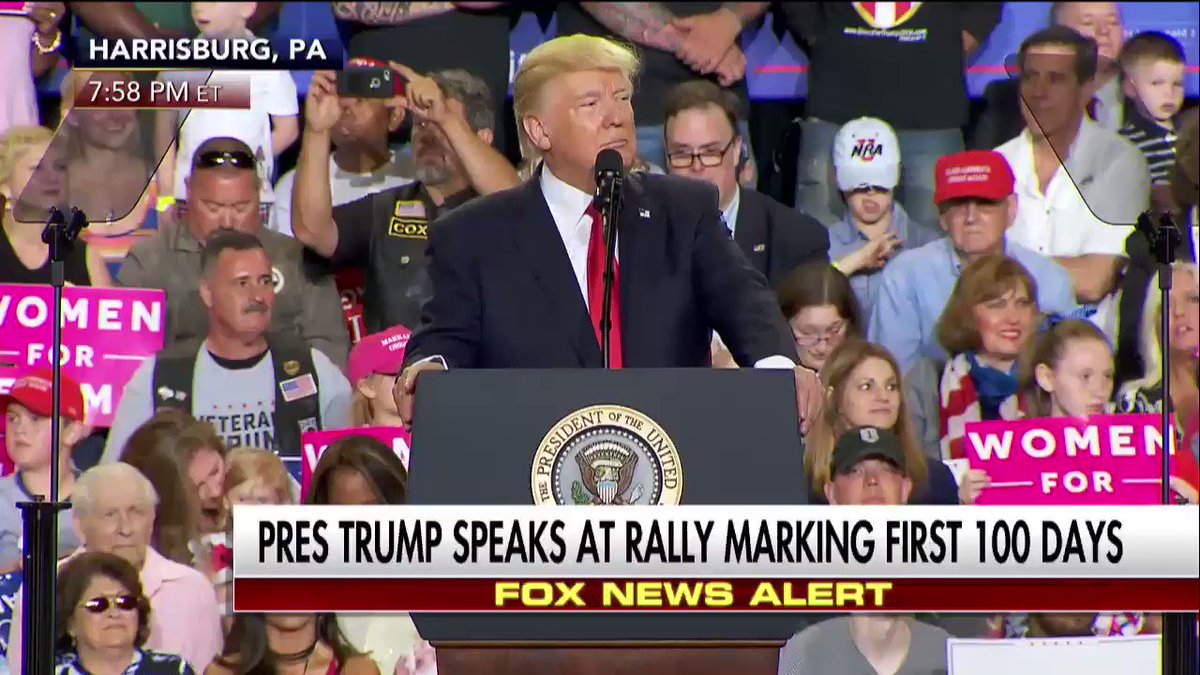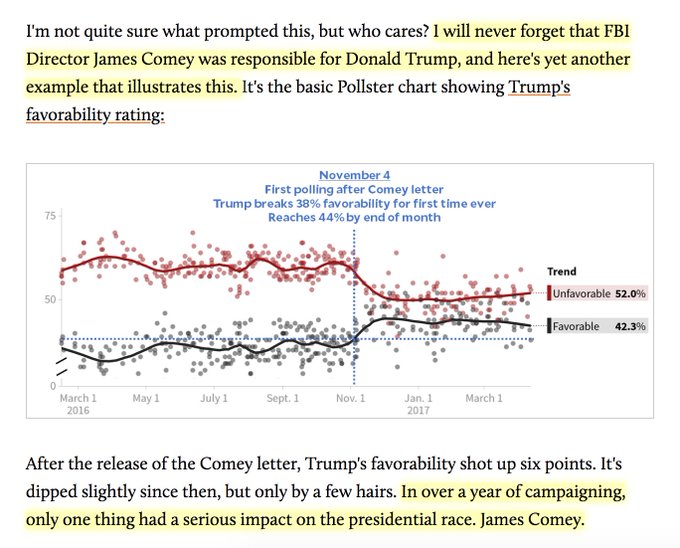 |
| March 29, 2017 meeting of CCP leading group on reform of the justice system |
As the 19th Party Congress approaches there is a strong push to implement the reforms decreed by the 4th Plenum of the Central Committee in 2014. The central leadership calls on party members to "work hard to ensure that the objectives of reform of the justice system will be mainly achieved before the 19th Party Congress".
China's contradictory legal system development continues. Despite the fact that Chinese intensely debate current issues on social media there is no doubt that dissent is treated with increasing vigor. One irony of the shift of public discourse to the web is that offending terms can be readily searched and posts removed, blocked, etc. And lawyers for dissidents are detained, harassed and sometimes convicted.
At the same time the transparency of courts and legislation has proceeded at rapid pace. The notice and comment system plus the publication of all judgments online permits greater scrutiny - by public and by Party disciplinarians.
Perhaps most important is the priority placed by the Party leadership on increasing the competence of the judiciary and the effectiveness of the legal system's regularized and reliable dispute resolution processes.
Susan Finder walks us through the process. - gwc
China’s 19th Party Congress & Judicial Reform | Supreme People's Court Monitor
by Susan Finder
Meng Jianzhu, Politburo member and head of the Communist Party Central Political Legal Committee, held a meeting in
late March (photo above), to convey Xi Jinping’s message–those in leadership positions must do all possible to ensure that judicial system reform responsibility targets are basically achieved before the 19th Party congress (
努力实现党的十九大召开前基本完成司法体制改革努力实现党的十九大召开前基本完成司法体制改革任务的目标). For those not familiar with Chinese political-legal jargon, “judicial system”
(司法体制) means here the political-legal institutions–the courts, procuratorate, public/state security, and justice administration. “Responsibility and targets” are also Chinese political jargon. Xi Jinping’s message dates from early January, when he highlighted this goal in instructions transmitted to the Communist Party Central Committee’s
national political legal work conference. He
emphasized that the cornerstone of the judicial system reform is the judicial accountability system. Part of the message is that 2017 is a critical time, during which there is a “
decisive battle” for deepening judicial reform, the battle intended to achieve those targets. “Decisive battle” is also a core part of Chinese political jargon.
Since late March, Supreme People’s Court (SPC)
President Zhou Qiang and other senior SPC leaders have been publicizing the target of completing judicial system reform, particularly the judicial accountability system, before the 19th Party Congress. The SPC leadership has been doing that through meetings, both of the SPC itself (and the circuit courts) and the provincial-level courts and through SPC media outlets. President Zhou Qiang did so during a recent visit to Anhui, while on
April 7, executive vice president Shen Deyong, vice-president Li Shaoping, and Political Department head Xu Jiaxin transmitted that message on a nationwide court video conference. This message is likely to be repeated in the months leading up to the 19th Party Congress.
In recent days, the SPC’s judicial reform office has been explaining these reforms to the public that reads SPC professional publications, such as the
People’s Court Daily and
China Trial, with some of the core content in the form of FAQs. The reforms outline the way a post-reform court should operate. Some of the points were previously set out in the SPC’s February, 2017 judicial reform white paper.
A brief summary of the responses follows below:
KEEP READING












